Adapting to a new environment, learning which areas to avoid, and understanding how to move around a new city are all part of the experience of travelling abroad. During Orientation, we’ll cover how to stay safe in Cape Town.
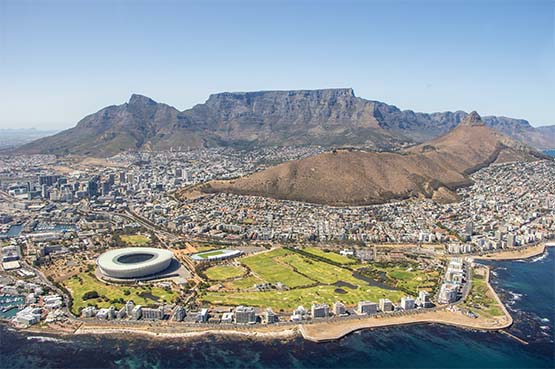
All large cities can be unsafe, and Cape Town is no exception. While your personal health and safety are ultimately your responsibility, we’re here to guide you in adapting living safely in your new city.
When walking on campus, use the preferred pedestrian routes. These are lined with safety bollards with CCTV coverage and intercom links to the UCT Campus Protection Service (CPS). You’ll recognise the bollards by their flashing blue lights. You can also call CPS for an escort on campus at any time that you feel unsafe or are walking after dark.
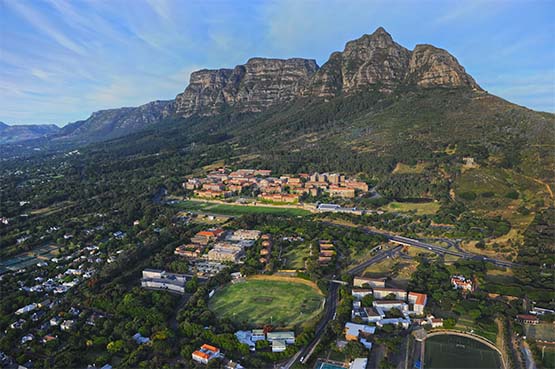
EMERGENCY CONTACTS
Save the following phone numbers for easy access.
Campus protection services: (+27) 21 650 2222
International Office emergency referral (all hours): (+27) 76 346 2397
General administrative queries (office hours only): (+27) 21 650 2822
Keep your medical aid details with you at all times.
Your Health
We’ve collected together answers to some of the most frequently asked questions about maintaining your health while in Cape Town.
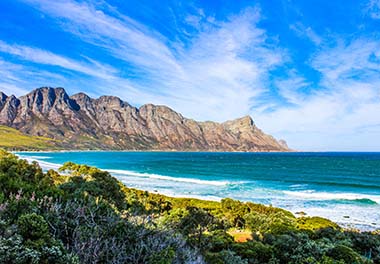
South Africa has high quality tap (faucet) water. It is palatable and safe to drink straight from the tap.
The sun’s rays are very strong and the potential for sun damage should not be taken lightly. Even if you don’t feel hot, or it is overcast, wear sunscreen and a sun hat when you are outdoors.
If you are on prescription medication, keep the original drug packaging with you when you travel as the same drug can have a different brand name in South Africa.
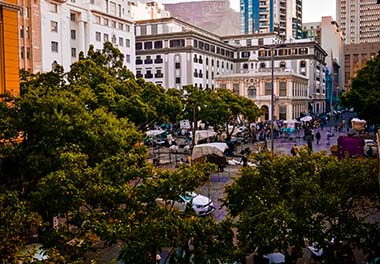
Cape Town has world-class medical facilities and there are several private and public hospitals close to UCT: UCT Private Hospital; Claremont Medical Centre; Kingsbury Hospital; Rondebosch Medical Centre; and Groote Schuur Hospital. UCT’s Student Wellness Service helps all students to maintain their emotional and physical well-being.
If you suffer from allergies, or a medical condition, we advise you wear a medical ID bracelet. In South Africa, these are available from MedicAlert.

Cape Town is malaria free. If you choose to travel north to the Kruger National Park or further into Mozambique and surrounding countries, anti-malaria medication is recommended. Check with your GP or a travel clinic when planning your travels as some treatments must be taken in advance.
Unless you are travelling from an area where yellow fever is endemic, you will not need to present a vaccination schedule or your inoculation status on arrival in South Africa.
Dos and Don'ts
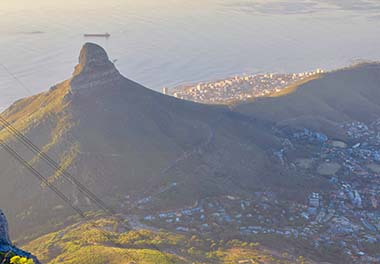
Remain vigilant and be aware of your surroundings. Avoid risky situations. Avoid carrying large sums of cash, laptops or other valuables in plain sight. Never leave your belongings unattended. Keep important documents such as passports and air tickets in a safe place. If you need your passport for identification, rather carry a photocopy. An administrator in the Faculty or International Office can certify your photocopy.

Don’t buy illegal drugs, even if they are offered to you on the street.
While Cape Town has an abundance of wildlife, please remember it is dangerous to approach or feed wild animals. If you come across wild animals keep distant and if in a car, keep your windows closed.
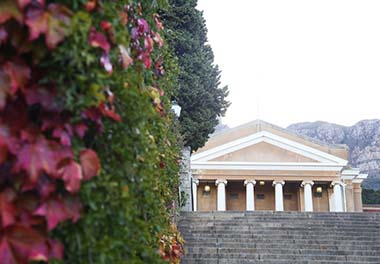
When out walking, hiking, climbing or swimming, go well prepared. Take water, a hat, sunscreen and a fully charged mobile phone. Let someone know where you’re going and when you’ll be back. When on outdoor adventures, take friends along with you. Or join a local activity group. It is best not to be out alone in isolated areas, particularly after dark. When hiking in the mountains, be sure to enter emergency numbers into your phone and check the weather report (the clouds can descend quickly).
